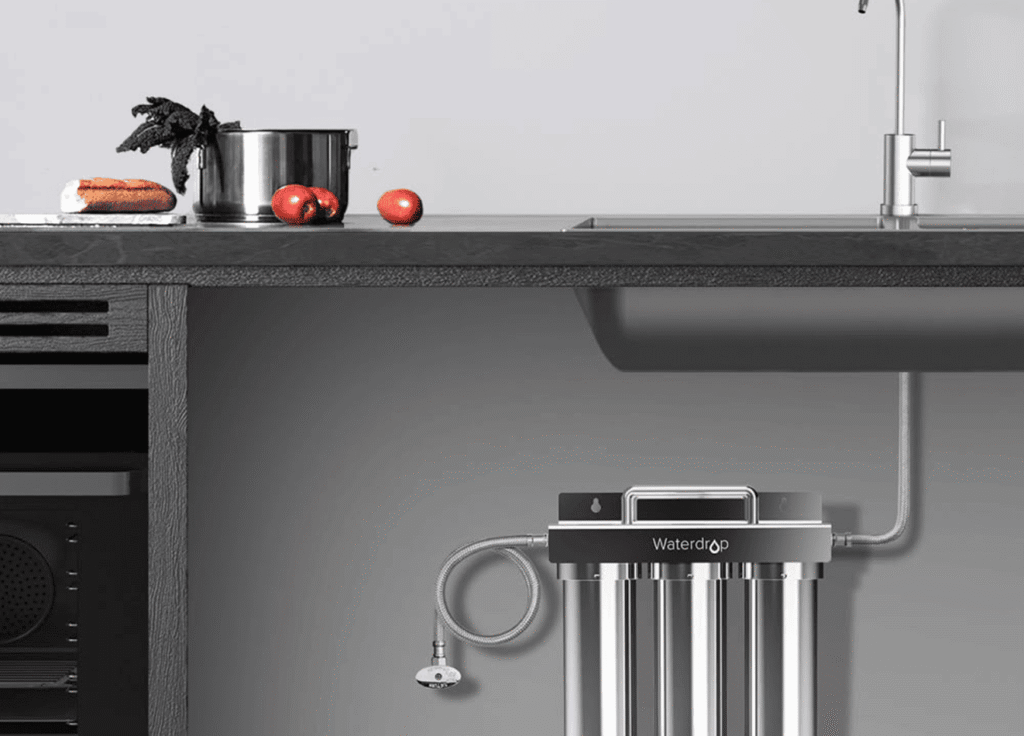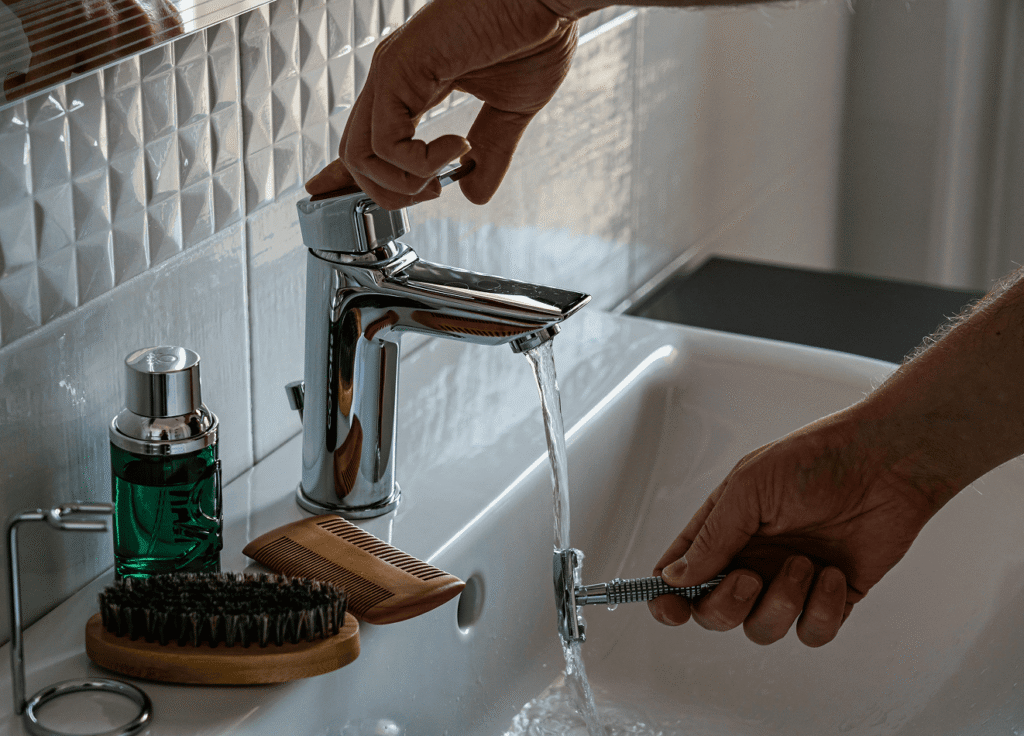How to choose the best water filter for your home

Choosing the right water filter starts with understanding what’s in your water. Municipalities are required to provide annual water quality reports, which list detected contaminants and their levels. If you use well water, or want more detailed insights, you can use a home water testing kit or hire a lab to perform a comprehensive analysis. Knowing your water profile—whether it’s high in chlorine, fluoride, lead, or sediment—will help you select the most effective filtration method.
There are several types of filtration systems available, each designed for specific needs. Pitcher filters are affordable and convenient but limited in scope. Faucet-mounted or under-sink filters provide better flow and filtration for drinking and cooking. Reverse osmosis systems are ideal for those who want the highest level of purification, while whole-house filters treat water as it enters your home, protecting everything from your kitchen tap to your shower. The best system is one that balances your water quality needs with your budget, installation space, and maintenance preferences.
When evaluating filter options, look for certifications from third-party organizations like NSF International or the Water Quality Association (WQA). These ensure the product meets rigorous standards for contaminant removal. Also consider filter lifespan, maintenance costs, and whether replacement parts are easily accessible. In the end, a water filter is not just another appliance—it’s an investment in your family’s health and your home’s long-term wellness.

